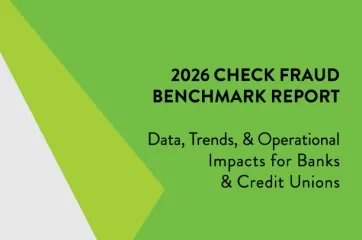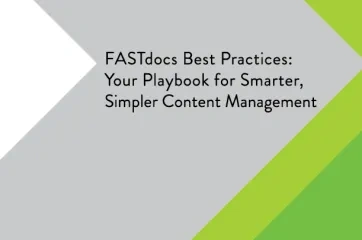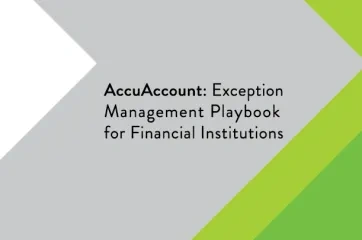In a loan participation, two or more banks or credit unions fund one loan to a customer or member. The lead institution makes the loan and then sells a portion to at least one participating bank or credit union.
Loan Participations & Legal Lending Limits
A loan participation can enable a lead bank or credit union to approve loans that, under normal circumstances, would be above its legal lending limit—the maximum amount that a financial institution can loan directly to an account holder. Legal lending limits are set by regulatory bodies and are in place to manage institutional risk.
For example, if a bank or credit union receives a loan application above its legal lending limit, it may solicit other institutions to “participate” in the loan. A lead institution’s loan presentation to a potential participating bank or credit union would normally include information such as:
- Amount loaned by the lead institution
- Collateral value
- Appraisals
The prospective participating financial institution then determines whether to approve the offer. If it does, the participating bank or credit union must fund its portion when the loan closes so that the lead institution is never over the legal lending limit with that borrower.
Lead Bank Responsibilities on a Loan Participation
Loan participation administration can become complicated for lead banks or credit unions. Not only do these financial institutions issue participating institutions their pro-rata shares of incoming loan payments, but lead banks or credit unions also bear the burden of ongoing due diligence. They are required to send copies of pertinent documents as they acquire them to participating banks or credit unions. These include the recorded deed of trust/mortgages, as well as updated financials, tax returns, and other documents. Some loan management systems, such as AccuAccount, provide loan participation features that automatically send new items to participating banks.
In the event of loan foreclosures, lead banks invoice participating banks or credit unions for their share of legal fees and then distribute pro-rata shares of the net proceeds from sale of the collateral.
Additional Loan Management Resources
Looking for more information about loan management in the banking industry? Be sure to check out our extensive resource library with free spreadsheets, whitepapers, and eBooks.
Browse our banking definitions page for more terminology.







